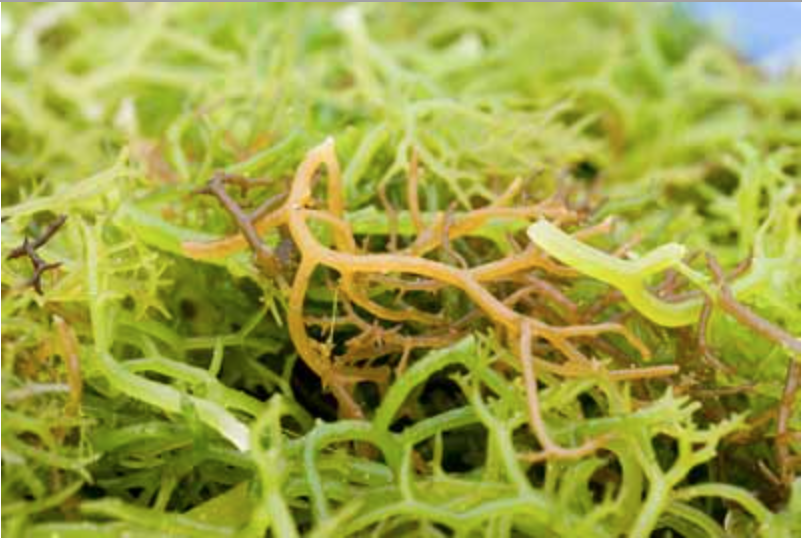Over the past few years, almond milk has come to the forefront of the food scene, beloved by the lactose intolerant and vegans alike. There are many benefits to drinking non-lactose alternatives from weight management to bone strength. Personally, I have discovered the deliciousness that we call almond milk, but has anyone else experienced the stomach ache that I get after drinking it? That’s because it contains carrageenan, an additive with serious consequences.
Carrageenan is a linear polysaccharide that is taken from an edible red seaweed that is found in multiple foods and drinks because it helps with thickening and separation of foods. Although this is a natural substance and would seem fine and dandy, it is indigestible and has zero nutritional value. It is being placed in organic and “natural” foods and drinks which in some ways is true, and others not.

Photo courtesy of howstuffworks.com
This product has been used in the food industry for the past 50 years and the safety of human consumption has been debated for just as long. Carrageenan has been linking to extreme digestive issues, which would explain why some can experience stomach pains after consumption. The extreme inflammation that can come from regular intake can lead to colitis, rheumatoid arthritis and bowel diseases. These are all possible outcomes from the regular consumption of products that contain Carrageenan.
These are not new facts. Scientists have been researching this additive for years and they are come to the same conclusion: it isn’t exactly safe to consume this regularly. Now that we have debunked the reason we can experience stomach and digestive problems, here are some ways to avoid it.
- Reading, reading, reading labels! The only way to cut it out completely is to check to see how many of the things you are eating contain this (it’s more than you think)
- There are ways to DIY things to eliminate carrageenan in your food.
- There are countless of websites that provide lists of carrageenan-free foods.
- There is also a petition you can sign for the FDA to cut it out of foods entirely.


